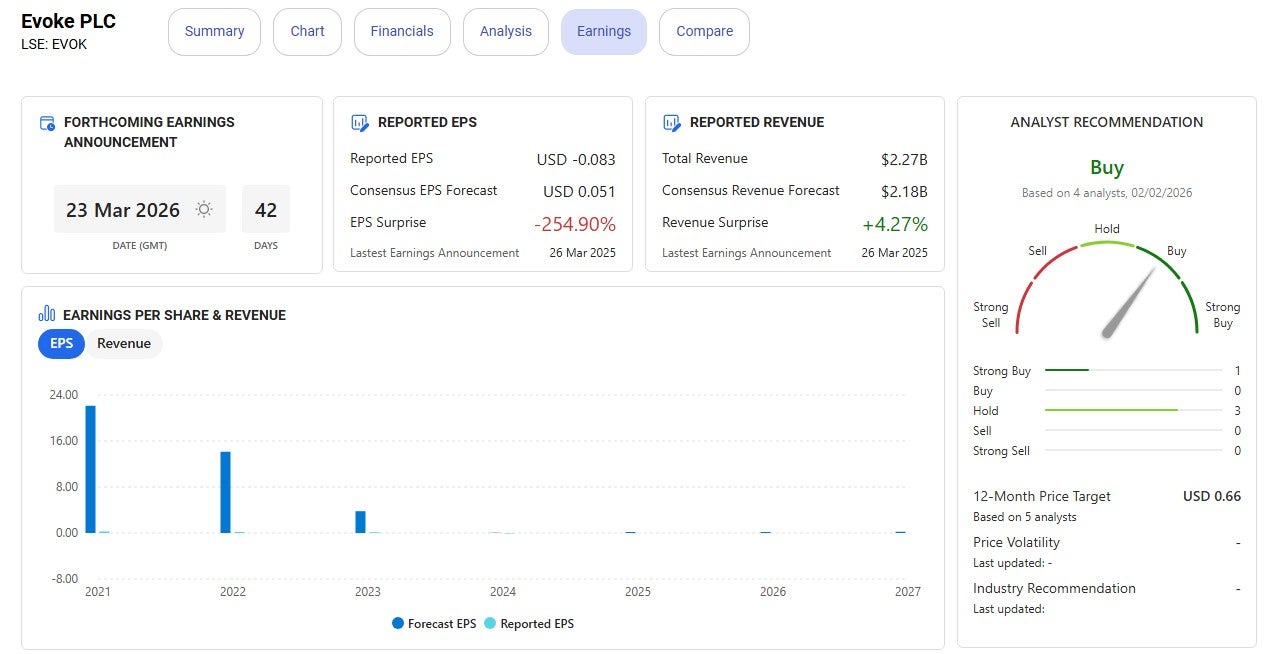An online world
Pennsylvania is one of just seven states that allow legal online casinos. Even gaming powerhouse Nevada has not legalized iGaming.
The vast online gambling market gives Pennsylvania a rare opportunity to push their gambling figures higher than most states.
Unsurprisingly, internet-based gambling contributed the largest chunk of revenue to the state’s total, with $2.5 billion of the total revenue coming from online operators. That represented a 27.1 percent year-over-year improvement.
Hollywood Casino at Penn National Race Course stood out among retail operators, claiming an enormous 261.5 percent increase in revenue ($935.8 million). That’s despite 11 of 19 retail facilities reporting year-over-year revenue declines, facilitated by the rise of online gambling.
Conversely, one casino reported an 87.7 percent year-over-year decline in revenue.
Inside retail casinos, table games were down three percent year-over-year. Slot machines grew, but just by .08 percent year-over-year.
Room for growth in sports
The sports-focused side of gambling mostly improved, although daily fantasy contests were down 0.7 percent year-over-year to $19.1 million in revenue.
While preeminent operators such as FanDuel and DraftKings reported declines compared to their 2024 totals, DataForce and Underdog Sports reported YoY increases of 6.2 and 45.5 percent, respectively.
Retail sports betting dropped significantly, though the state’s overall sports betting market flourished. The total betting handle increased from $8.2 billion to $8.7 billion largely thanks to the state’s 11 online sportsbook operators.
Despite the increase in betting volume, revenue dropped 0.2 percent year-over-year to $487.6 million. Valley Forge Casino and its partner, FanDuel, were responsible for about 51 percent of the total revenue with their reported $250.3 million total.
All in all, the latest fiscal year marked Pennsylvania’s fourth straight year of revenue growth across the entire gambling industry.
However, a clear turn toward internet gambling will likely shift the state’s course moving into FY 2025/26.
























.jpg)










